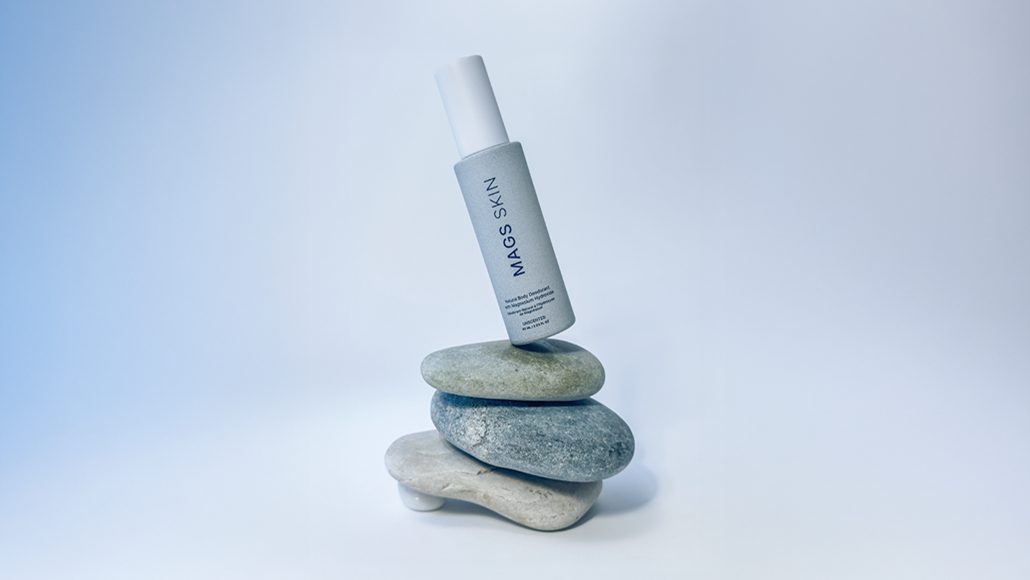The season of sunshine, picnics, pool days, and long hikes is finally here. Summer is perfect for getting outside, moving your body, and soaking up those golden rays.
But if you’re living with eczema, this time of year can also bring some unwelcome challenges. Heat, sweat, sun exposure, and even certain fabrics can trigger flare-ups that leave your skin feeling itchy, irritated, and anything but happy.
You don’t have to spend the season hiding indoors or missing out on your favorite outdoor adventures, however. You can absolutely enjoy all your favorite summer activities while keeping those annoying flare-ups at bay. It just takes a few smart strategies.
Here, we’ll share some simple ways to keep your eczema calm while you enjoy all your favorite summer activities.
#1 Wear Breathable, Moisture-Wicking Clothing
What you wear during physical activity significantly impacts skin comfort. Certain fabrics can trap heat and create friction, leading to skin irritation.
Natural fabrics are often considered eczema-prone skin’s best companions. Cotton, especially 100% cotton, is a widely recommended choice. It is soft, cool, and highly absorbent of sweat.
Bamboo is another ideal choice. This soft, hypoallergenic material naturally resists bacteria, which can help prevent infections in areas prone to eczema. Bamboo is also highly effective at regulating temperature, keeping you cool during warm weather.
TENCEL, a fiber often blended with zinc, is also excellent. It feels super soft, wicks away moisture, and helps calm irritation while inhibiting bacterial growth.
Stay away from wool and many synthetic fabrics. These can feel rough or trap heat, exacerbating itching and irritation.
Fit is equally important. Avoid tight-fitting clothes. They trap sweat against your skin, which can lead to irritation and chafing. Choose looser-fitting garments that allow your skin to breathe and heat to escape. This also helps prevent rubbing, which can further irritate sensitive areas.
#2 Moisturize Pre- and Post-Activity
The skin barrier is weaker for people with eczema. That is why your skin is more prone to dryness and irritation, which causes eczema to flare.
Moisturizer acts as a vital protective layer for the skin. It works like a shield, helping repair the skin barrier and locking in essential moisture. This action combats dryness and helps keep irritants and germs from affecting sensitive skin.
About 15-20 minutes before you head out, apply a lightweight, fragrance-free moisturizer. This creates a protective layer on the skin, acting as a buffer. This barrier minimizes direct contact between the skin’s sensitive surface and the irritating components of sweat, such as sodium and urea.
After activity, rinse off as soon as you can. Allergy & Asthma Network advises against showering with hot water as it can dry out your skin and worsen eczema. Instead, it suggests taking a lukewarm water bath to wash off sweat and bacteria.
Don’t forget to reapply a thicker moisturizer while your skin is still slightly damp. This helps lock in hydration and calm any irritation.
#3 Switch to an Eczema-Friendly Deodorant
Deodorant is non-negotiable when you’re active outdoors in summer. But regular deodorants contain ingredients that can trigger an eczema flare-up.
Alcohol, such as ethanol or isopropyl alcohol, can dry out the skin and weaken its natural barrier. Other common irritants to watch out for include parabens, sulfates (like SLS), propylene glycol, lanolin, and synthetic colors or dyes. These can all cause irritation or allergic reactions.
It’s best to steer clear of regular deodorants; use eczema-friendly ones instead.
When searching for an eczema deodorant, look for hypoallergenic and fragrance-free options. Products labeled ‘dermatologist-tested’ or ‘sensitivity-tested’ are also good indicators of suitability for sensitive skin.
Bonus points if the deodorant contains magnesium hydroxide. MAGS Skin explains that it’s a natural antibacterial powerhouse that tackles odor by neutralizing the bacteria causing it without absorbing into your skin. It also helps balance your body’s pH, eliminating odor-causing bacteria while keeping your skin moisturized and healthy.
Before applying a new deodorant widely, do a patch test. Apply a small amount to the inner arm, and leave it for 48 hours to observe any reaction. This can prevent widespread discomfort.
#4 Time Your Activities Wisely
When you exercise matters just as much as how you prepare for it.
The intense midday sun and heat can trigger eczema flare-ups through both direct UV exposure and excessive sweating. Timing your activities wisely can make a big difference in managing your skin’s comfort.
To minimize heat exposure, plan your activities early in the morning or evening. That is when the sun is less intense and the air is cooler.
If it’s impossible to avoid outdoor activity during warmer hours, stay in shady areas whenever possible. Tree cover, pavilions, or even the shadow side of buildings can be good. Don’t skip sun protection, however. UV rays can still reach you through clouds.
It is also important to be aware of other potential outdoor triggers. Summer can bring high pollen counts or air pollution. These environmental factors can also trigger eczema flares. On days with high pollen or pollution levels, staying indoors might be the best option.
During physical activity, take frequent breaks and stay well-hydrated. Also, keeping a clean towel handy to gently blot away sweat as it forms is preferable to rubbing, which can irritate the skin.
Go Out and Shine
Do not let eczema keep you from enjoying all the fun of summer activities. You can significantly reduce the likelihood of eczema flare-ups if you make these simple adjustments to your daily routines. Rest assured that you can stay active, enjoy the sunshine, and keep your eczema under control.


















